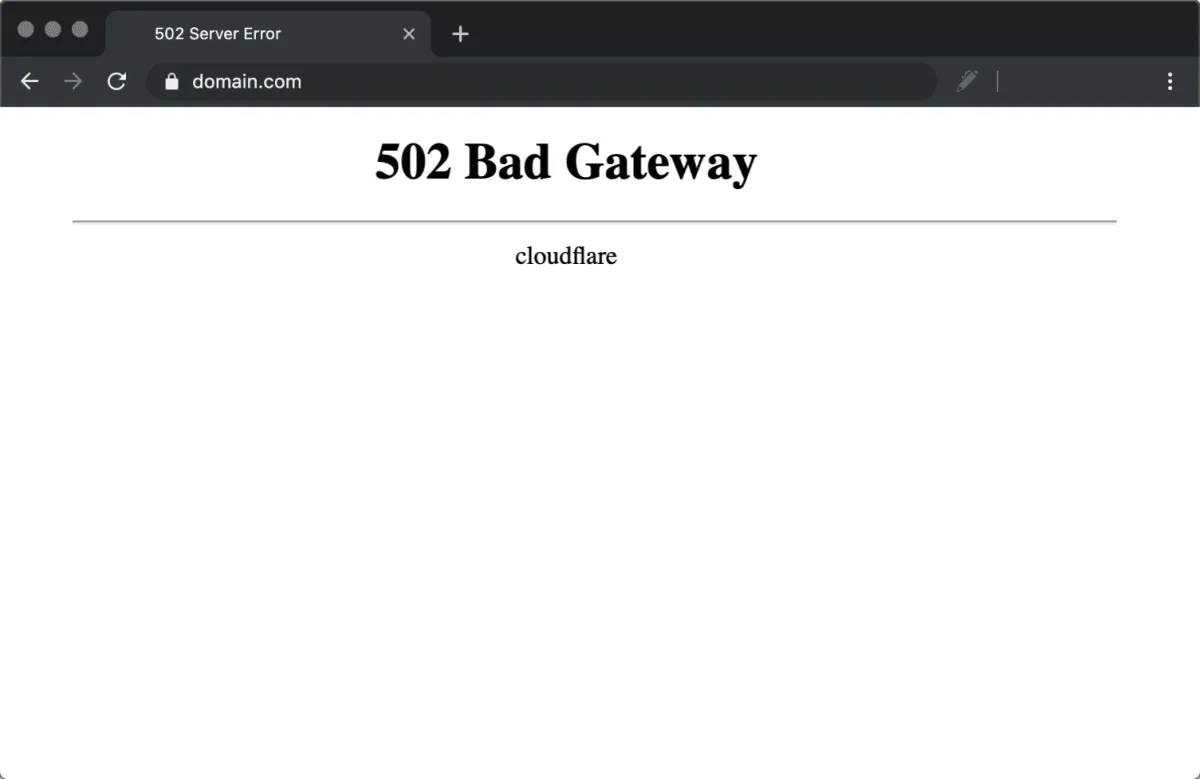Obsessed with the success of independent hospitality brands.
Imagine transforming your hospitality business into a seamlessly efficient operation with happier staff and loyal customers, all through the power of AI and automation.
Kinetic Management Systems, or KMS, is an integrated solution specifically designed for hospitality operators looking to scale their businesses.
Jason Littrell, a hospitality management consultant has over a decade of real world experience helping bars and restaurants increase their profitability and streamline their operations.
We've seen firsthand how these challenges can limit the success of even the most passionate operators. We care about helping you achieve your full potential because we believe in the impact a well-run hospitality business can have on its community and its employees.
By leveraging KMS, you have the opportunity to boost your revenue by up to 30% within just three months, while reducing operational headaches and enhancing guest satisfaction.
To get started, visit our website and sign up for a free demo. Our team will walk you through the system and show you how KMS can be tailored to meet your unique needs.
We're not just offering a set of tools; we're providing a path to a more profitable and enjoyable business. This is a movement towards smarter, more efficient hospitality management, and we want you to be a part of it. Whether you join us now or later, the shift towards automation and AI is happening. We'd love to have you with us from the start.
Core Values
1. Innovation:
We continuously seek and implement cutting-edge technology to provide independent restaurants and spirits brands with the most effective tools for success.
2. Integrity:
We operate with honesty and transparency, ensuring our clients receive genuine value and trustworthy support.
3. Collaboration:
We believe in the power of teamwork, both within our organization and with our clients, to achieve shared goals and create a supportive community.
4. Excellence:
We are committed to delivering the highest quality services and support, striving for excellence in everything we do to elevate our clients' businesses.
5. Client-Centric:
Our clients' needs and success are at the heart of our business. We tailor our solutions to meet their specific challenges and objectives, ensuring personalized and impactful results. Solving the problem will always be the direction of our products and services.
6. Adaptability:
We embrace change and are agile in our approach, ready to adapt to the evolving needs of the hospitality and spirits industries.
7. Sustainability:
We promote sustainable business practices that benefit not only our clients but also the broader community and environment, supporting long-term success and responsible growth.
8. Continuous Improvement:
We are dedicated to learning and growing, constantly enhancing our coaching, strategy, systems, and support to better serve independent restaurants and spirits brands.
9. Empowerment:
We aim to empower our clients with the knowledge, tools, and support they need to independently drive their businesses forward, fostering a culture of self-reliance and innovation.
10. Strategic Guidance:
We provide insightful and actionable strategies to help our clients navigate their business challenges and achieve their goals effectively.
11. Comprehensive Support:
Our commitment to ongoing support ensures that our clients always have the assistance they need to implement and sustain our solutions successfully.

What Today's AWS Outage Actually Cost Independent Restaurants
For most people, this meant some apps didn't work for a few hours today (Snapchat, Canva, Fortnite, Starbucks, Robinhood, Alexa, Duolingo, Reddit, Venmo, Perplexity, etc.).
You know...'the internet'.
For real restaurant operators (and their very real guests), it meant something very different.
The outage lasted approximately 6 hours with lingering issues throughout the day. DoorDash went down. GrubHub went down. Toast went down. Not one at a time - all simultaneously, because they all run on the same infrastructure.
This is what that looked like in actual restaurant operations.
Toast

They posted their first outage notice at 5:47 AM EST. The system wasn't fully resolved until 1:48 PM EST. Over 8 hours.
Add DNS Propagation and other various nerd-speak I don't understand...we're still dealing with this 15 hours later.
Sizing tinfoil hat now....
OK, here we go.
What stopped working:
Order processing through the POS
Kitchen display systems (KDS)
Credit Card processing
Web applications
All reporting and analytics
Delivery platform integrations.
Toast advised restaurants that offline mode would kick in automatically, allowing them to continue taking orders and processing payments. In practice, multiple operators reported that even when offline mode activated, they lost connectivity to delivery platforms.
So you weren't just operating manually in-house. You also lost your delivery channel completely.
What This Actually Cost
A typical quick service restaurant (QSR) doing 40% of revenue through delivery platforms generates roughly 3,000-4,000 dollars on a Monday in delivery sales.
Today, most of that disappeared.
For one of my clients, this was a 10k+ hit (and counting).
But the financial damage extended beyond lost delivery revenue.
In-house operations degraded significantly. Manual ticket writing slowed service. Kitchen staff worked from paper instead of screens. Payment processing had issues. Ticket times doubled. Customers waiting 40 minutes for food that should take 15 minutes walked out.
Can't lie, a bit of this makes me nostalgic of the days when everything was on paper. Yes, I've been around that long.
Conservative estimate for a mid-volume QSR: 1,500-2,000 dollars in lost dine-in revenue from operational disruption and customer walkouts.
Total impact per location: somewhere between 4,500 and 6,000 dollars for a single day.
Multiply that across thousands of independent restaurants using these systems. The aggregate financial impact is substantial, and nobody's tracking it.
Why This Keeps Happening
AWS has experienced major outages in 2021, 2023, and 2025. This isn't unprecedented.
The root cause is market concentration. AWS controls approximately 30% of global cloud infrastructure. Microsoft Azure controls 20%. Google Cloud controls 13%. Three companies control 63% of the market.
For restaurants, this means DoorDash, GrubHub, and Toast can all fail simultaneously. When the underlying infrastructure goes down, you don't lose one system - you lose your POS, delivery platforms, mobile ordering, and payment processing at once.
What about all those delivery taskers out of work today. As if things weren't hard enough.
There's no geographic redundancy built into most restaurant tech stacks. No backup provider. No failover system. When infrastructure fails, operations stop until it's fixed.
And (naturally) restaurant operators have zero control over when that happens or how long recovery takes.
What Some Restaurants Did Differently
I was incubating some kind of conspiracy theory about UberEats and Amazon, but that seed found no purchase. They are completely unrelated companies. Although, the single biggest beneficiary of the food delivery market upset today was UberEats
resizing tinfoil hat
The Structural Reality
Digital systems were supposed to improve restaurant operations and competitiveness. In many ways they have. But they've also created dependencies on infrastructure that restaurant operators don't control.
When that infrastructure fails, chains with corporate IT departments and backup systems absorb the impact better than independent operators. The technology that was supposed to level the playing field has created new vulnerabilities.
This isn't about abandoning technology. It's about understanding that complete dependence on systems you can't control creates unacceptable risk.
Today was a preview. How you prepare between now and the next outage will determine which category your restaurant falls into.
Between AWS, Meta, Google...we got a lot of hands in our pockets.
About KMS

Jason Littrell - Management Consultant & Industry Innovator
With over two decades of experience in the hospitality industry, Jason Littrell has established himself as a leading consultant and strategist, specializing in helping bars and restaurants maximize their efficiency and profitability. His expertise spans a wide range of essential areas, including operational management, staff training, customer experience, and technology integration.
Jason is the founder of Kinetic Management Systems, a cutting-edge suite of tools designed to automate and optimize the day-to-day operations of hospitality businesses. Through his systems, Jason offers solutions for everything from staff recruitment and onboarding to customer retention and feedback management. His approach combines innovative technology with proven strategies to deliver results that are both measurable and scalable.
A passionate educator and speaker, Jason regularly hosts workshops and seminars, sharing his knowledge on how to leverage AI and automation to thrive in a competitive market. His insights are rooted in practical experience, having worked on the ground in various capacities within the industry—from bartender to manager, and now, consultant.
Jason also manages a vibrant online community, "Bar Teams," where he fosters discussions and collaboration among hospitality professionals. Here, members gain access to exclusive content, including training sessions, industry news, and peer support.
His commitment to excellence and innovation in hospitality has not only transformed the operations of numerous establishments but has also inspired many to pursue and achieve greater success. Jason's work is driven by a core belief: that the right mix of people, processes, and technology can turn any hospitality business into a thriving, profitable enterprise.


